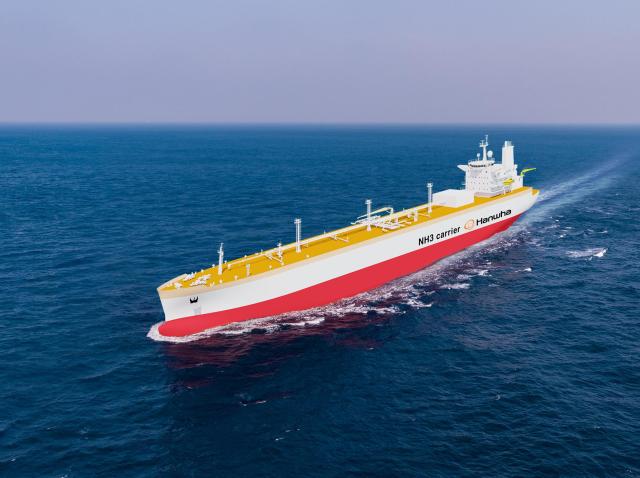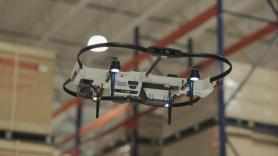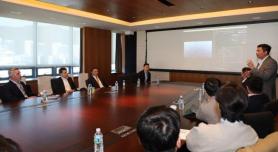
The global ship makers and maritime logistics companies are currently underway in their transition from fossil fuel-based vessels to eco-friendly vessels that use alternative clean energy fuels such as methanol, ammonia, liquefied natural gas, biofuels, and electricity that emit lesser or zero carbon dioxide. The transition was accelerated during the last five years after the International Maritime Organization (IMO) announced its plan to achieve net-zero carbon emissions by 2050 in April 2018.
Meanwhile, the United Nations maritime agency currently is working on the development of guidelines and standards for the safety and regulatory aspects of autonomous vessels. The robot ships can be more fuel efficient than human-operated vessels as they will travel on optimized routes and consistently manage their performance to maximize fuel efficiency. The robot-operated ships also have a reduced risk of accidents due to the elimination of human error and fatigue and can be operated 24 hours a day non-stop.
South Korea's marine ministry revealed a blueprint for the country's plan to increase its market share in the global maritime-related sectors -- the eco-friendly vessel sector and autonomous sector -- to 12 percent worth some 71 trillion won ($54.3 billion) by 2027. The current market share by South Korean companies and institutes in those sectors is about one percent (five trillion won), according to the ministry.
As part of the country's big plan to beef up its eco-friendly vessel and autonomous vessel capabilities, South Korea will develop fully unmanned ships and related technologies by 2027. Alternative fuel supply infrastructure will also be established to provide ammonia, hydrogen, and other greener fuels. Subsidies will be provided as tax vouchers for ship operators who switch from fossil fuel-based ships to clean energy vessels.
"To breathe vitality into the South Korean economy and secure new export growth drivers, I will work seamlessly with relevant ministries and agencies to implement the strategy for fostering advanced marine mobility," Oceans Minister Cho Seung-hwan said in a statement on November 27.
Copyright ⓒ Aju Press All rights reserved.




